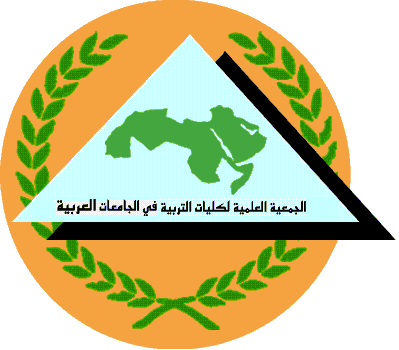Association of Arab Universities Journal for Education and Psychology

Abstract
The research aimed to define Plato’s and the sophists theory of knowledge and to clarify its effects on the philosophy of education.To achieve this objective, the researcher reviewed the theory of knowledge among the sophists which states that knowledge is perceptions collected by man using his senses. The man is the standard of the existence of the facts and the objects. Their theory states that knowledge is relative and has an important role in the ethical promotion. The sophists consider that knowledge is a right for each human and it is not exclusive for the rich and aristocratic class. Plato represented a theory of knowledge which states that knowledge is an outcome of the mind. In his opinion, there are two distinct worlds: the world of senses which we live in and the ideal world. The mind reaches the ideal world through the ascending argument by which the human progresses from an idea to another using his mind until he reaches the absolute goodness (the god). After recognizing the ideals, man descends to the objects to recognize them through the descending argument. According to Plato, there are four stages of knowledge development: sensation, the belief, the thinking and the reason (perfect intelligence). Plato and the sophists do agree that knowledge is possible but it is perception in the sophists theory while it is mind according to Plato's theory. Plato and the sophists have drawn the attention from the external nature to the human nature. They also differed in the objectives of knowledge, the modality to get it, the standard of its existence and correctness and the fact that it is relative according to the sophists and absolute according to Plato.
Recommended Citation
mohammed, mahmoud ali
(2022)
"Theory of knowledge among Plato and the sophists and its effect on philosophy of education. نظرية المعرفة بين السوفسطائيين و أفلاطون و أثرها في فلسفة التربية,"
Association of Arab Universities Journal for Education and Psychology: Vol. 20:
Iss.
4, Article 4.
Available at:
https://digitalcommons.aaru.edu.jo/aaru_jep/vol20/iss4/4

